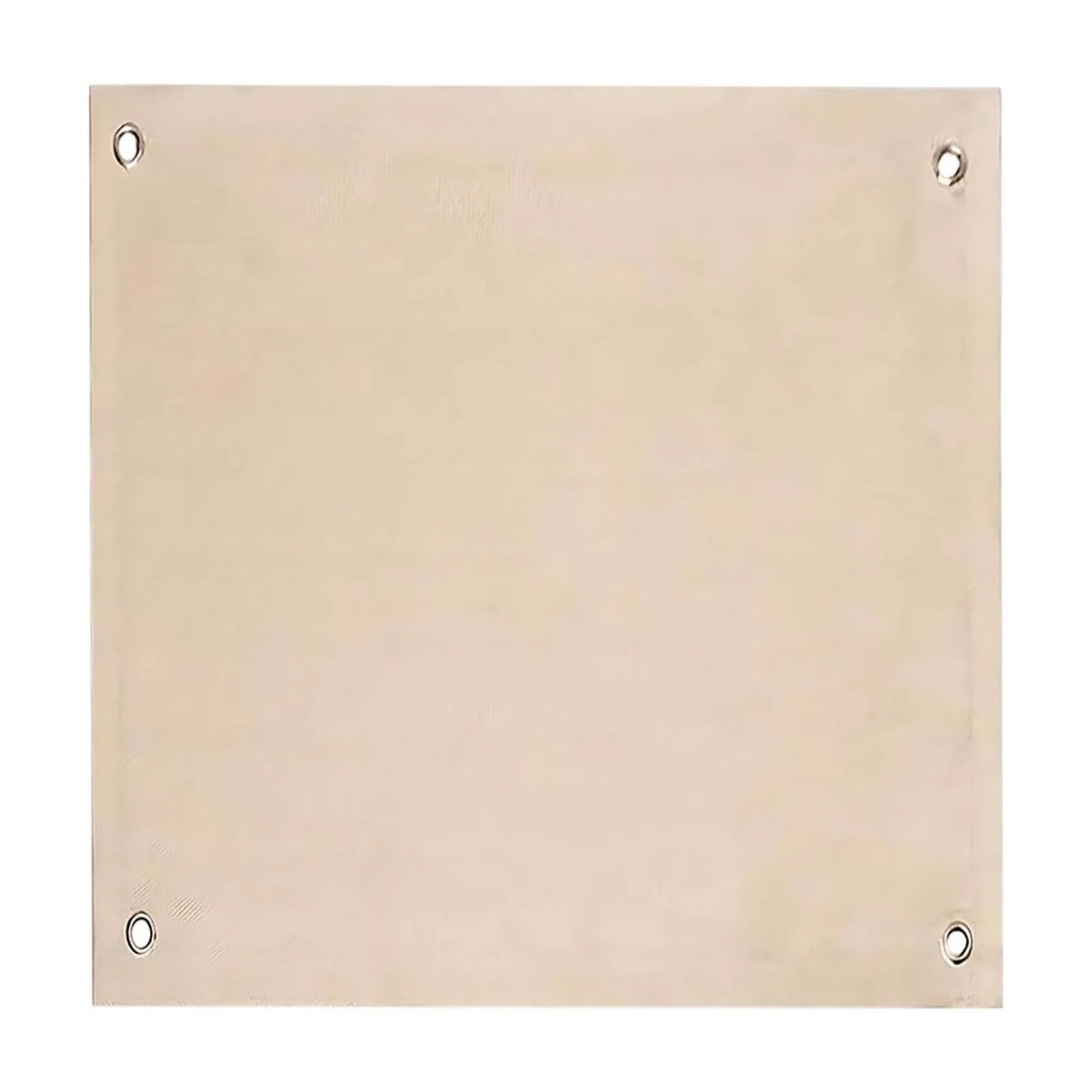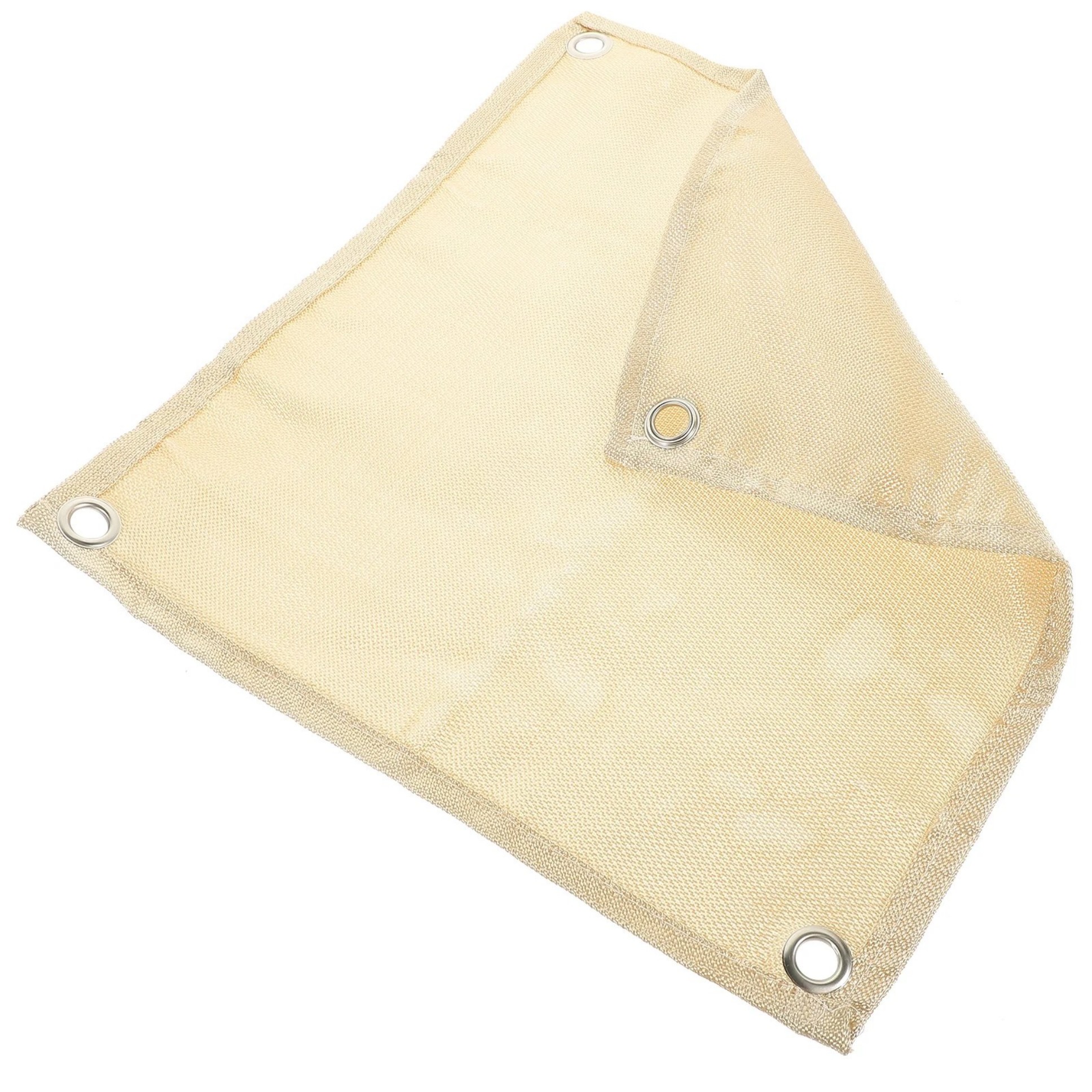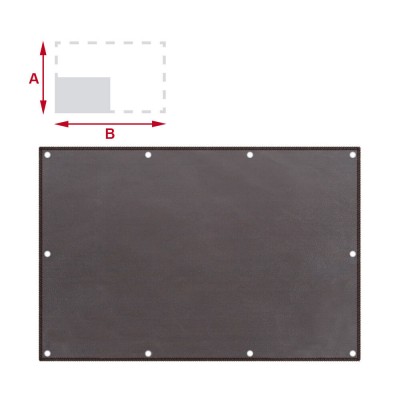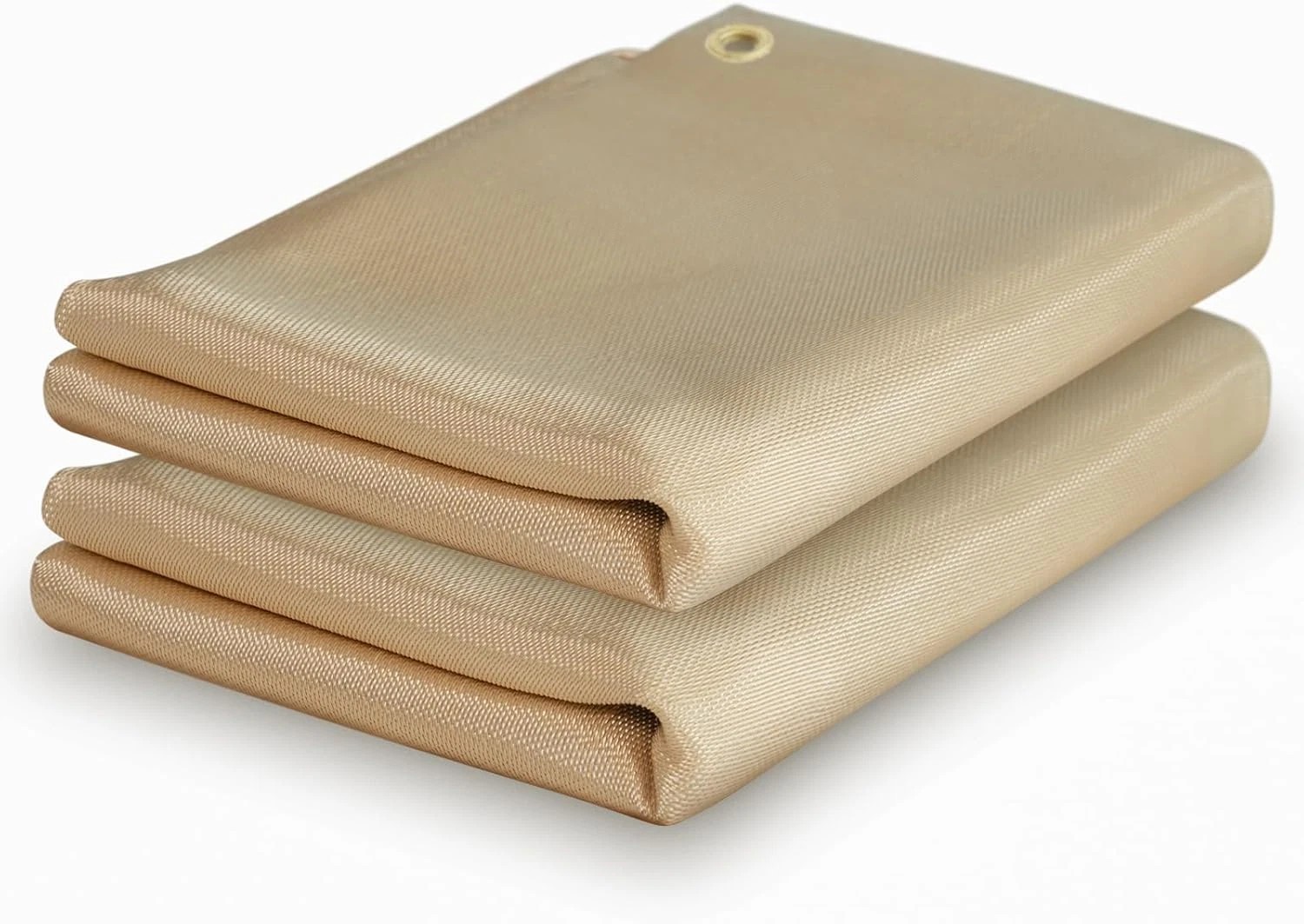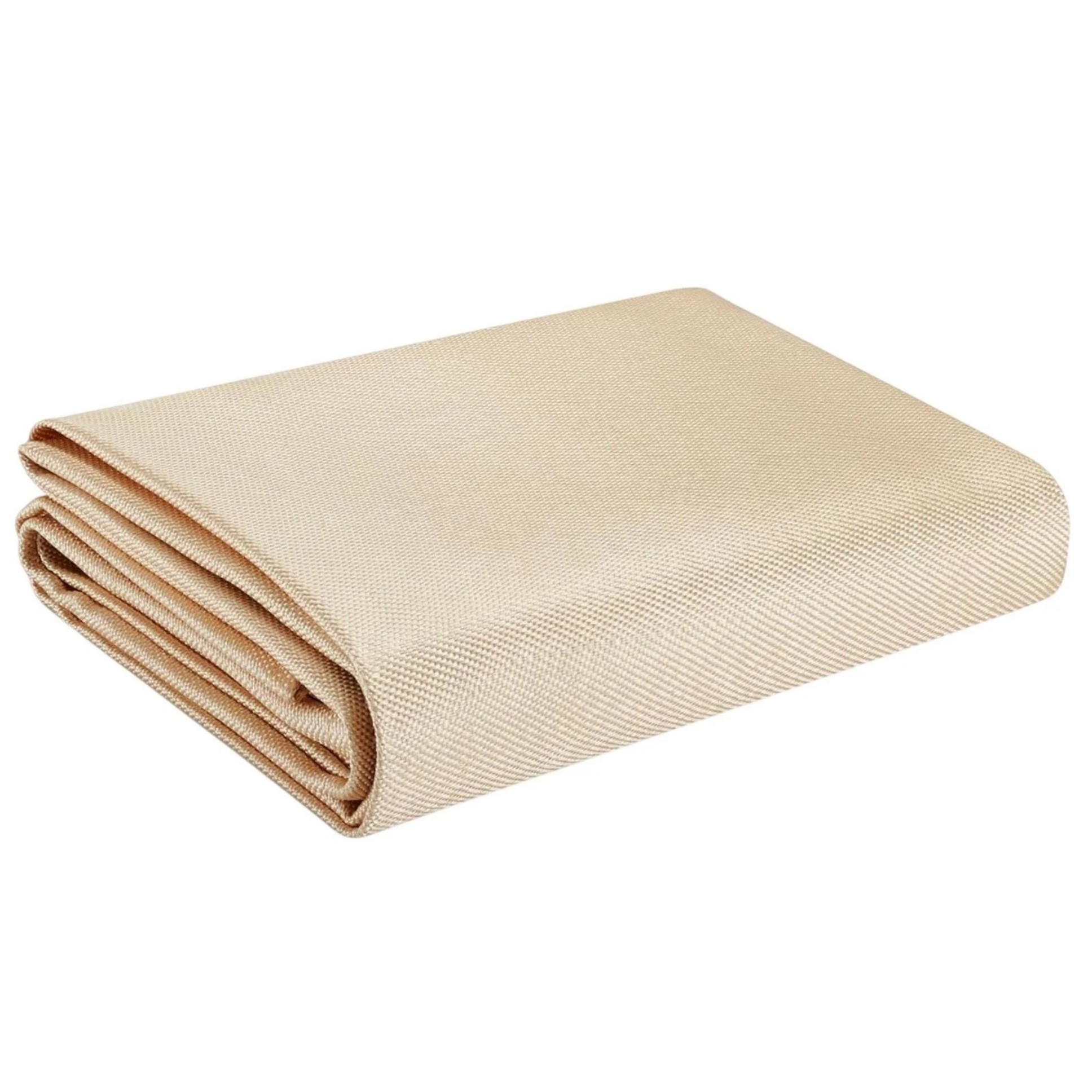Welding Heater Blankets: Essential Tools for Preheating & Stress Relief
Welding heater blankets provide controlled heating for metal workpieces before, during, and after welding. They prevent cracking, reduce residual stress, and ensure proper weld quality in cold environments or with thick materials.
What Are Welding Heater Blankets?
Welding heater blankets are flexible thermal wraps that evenly distribute heat around pipes, vessels, or structural components. Unlike torches or furnaces, they offer precise temperature control from 150°F to 1,500°F (65°C to 815°C). Their ceramic fiber construction withstands direct flame contact while remaining lightweight.
Key Benefits for Your Welding Projects
- Prevent hydrogen cracking:Preheating with welding heater blankets drives out moisture that causes embrittlement in high-strength steels
- Reduce thermal shock:Gradual heating/cooling prevents stress concentrations at weld joints
- Improve weld penetration:Maintains optimal metal temperature for proper fusion
- Portable solution:Wrap complex shapes that can't fit in ovens or localize heat precisely
- Energy efficient:Insulated design retains heat better than open flame methods
How to Select the Right Welding Heater Blanket
Consider these factors when choosing welding heater blankets:
- Temperature range:Match to your material's preheat requirements (check welding procedure specifications)
- Size and shape:Measure your workpiece and select blankets that wrap completely with overlap
- Power source:Electric blankets plug into standard outlets; gas-fired models work in remote locations
- Durability:Look for stainless steel wire reinforcement in high-wear areas
- Controller type:Basic on/off vs. programmable models with multiple heating zones
Proper Installation Techniques
Follow these steps to maximize your welding heater blanket's effectiveness:
- Clean the workpiece surface to ensure good thermal contact
- Position thermocouples between the blanket and metal per WPS requirements
- Wrap the blanket snugly with at least 2" overlap, securing with included straps
- For large areas, use multiple blankets with 6" overlap between units
- Cover with insulating jackets if working outdoors or in windy conditions
- Monitor temperatures throughout the heating, welding, and cooling phases
Common Applications Across Industries
Welding heater blankets serve critical functions in:
- Pipeline construction:Preheat and post-weld heat treatment of girth welds
- Power plants:Repair welding on boiler tubes and steam lines
- Shipbuilding:Stress relief of thick hull plates and structural members
- Pressure vessel fabrication:Maintaining interpass temperatures during multi-pass welds
- Structural steel:Preventing cold cracking in high-carbon equivalent materials
Safety Precautions
While welding heater blankets are generally safe, always:
- Inspect for damaged elements or frayed wiring before each use
- Keep flammable materials at least 3 feet away from operating blankets
- Wear heat-resistant gloves when handling hot blankets
- Never fold or crease heated blankets - let them cool completely first
- Follow lockout/tagout procedures when working on energized systems
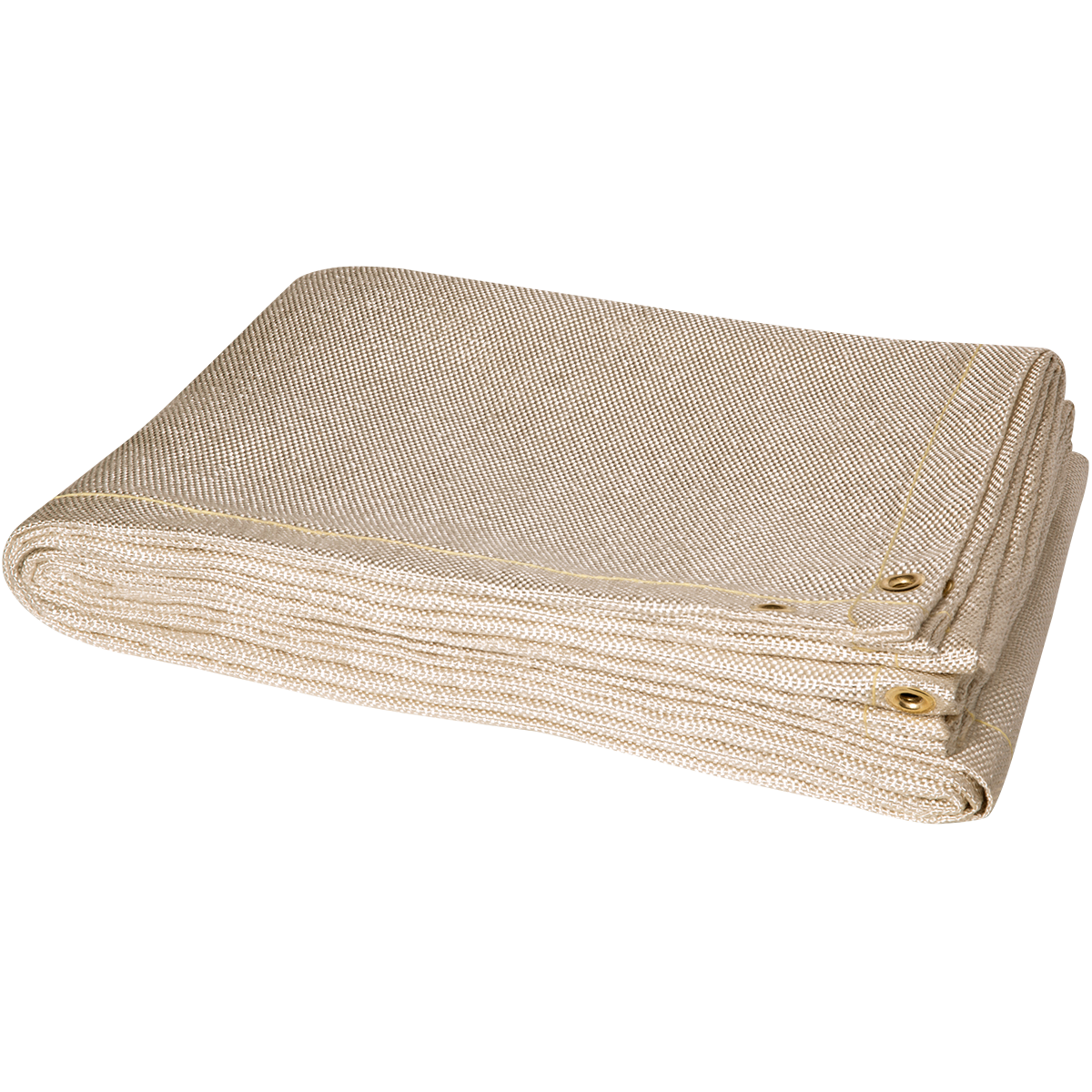
Maintenance Tips
Extend your welding heater blanket's lifespan with proper care:
- Store rolled or flat - never folded - in dry conditions
- Clean with compressed air or soft brush; avoid liquids that could damage elements
- Check resistance values periodically to identify failing heating elements
- Replace damaged ceramic fiber insulation promptly to prevent heat concentration
- Calibrate temperature controllers annually for accurate readings
By understanding these fundamentals, you'll select and use welding heater blankets effectively to improve weld quality, reduce rework, and meet critical code requirements in your projects.


